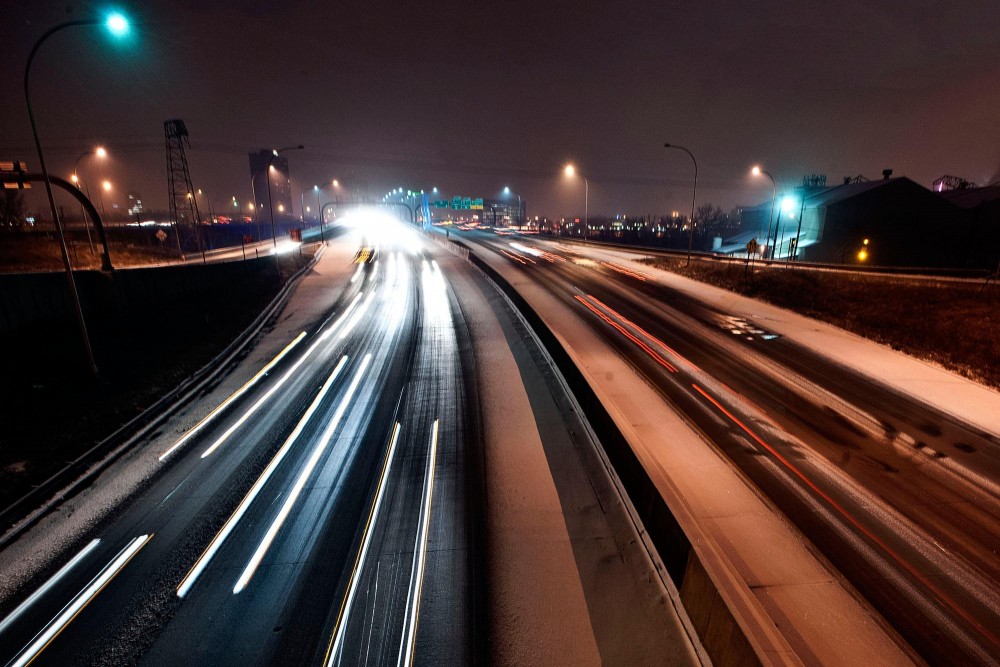A proposed bill in the state Legislature would require fewer speeding tickets to go on a driver’s record, keeping insurance companies in the dark about violations.
A section of the proposed House transportation policy omnibus bill would tweak the current policy that speeding violations of up to 10 mph over the speed limit in a 55 mph zone and up to 5 mph over the limit in a 60 mph zone go on a driving record.
The proposal would raise the cap so violations of up to 10 mph over the limit in both zones would not be reported to insurance companies.
The measure would save drivers money by keeping minor speeding violations off their driving records, said the bill’s chief author Rep. Michael Beard, R-Shakopee. When speeding violations appear on driving records, insurance premiums rise.
“We’re not going to let their insurance companies jack up their insurance costs,” he said.
Last year, Rep. Dean Urdahl, R-Grove City, authored a standalone bill for this measure that passed 111-20 by the House, Beard said. The Senate ultimately tabled the bill.
But even though an insurance company won’t find out about certain speeding violations, the measure doesn’t mean the police are prohibited from writing tickets, Beard said.
“Make no mistake, you’re still going to get a ticket if you’re speeding egregiously.”
Rep. Frank Hornstein, DFL-Minneapolis, spoke out against the measure in a committee meeting last week.
“I think this is just not good public policy,” Hornstein said. “I think any kind of loophole or any kind of inference that it’s okay to go over the speed limit is problematic.”
Maj. Ken Urquhart, who testified on behalf of the State Patrol, said the legislation will send the wrong message to drivers about speed limits.
“Our goal in speed enforcement is to achieve that voluntary compliance,” Doug Neville, a spokesman for the State Patrol, said in an interview. “We want to make sure that if a repeat offender continues to offend, that there is a consequence to that.”
A driver receiving five violations at any speed within 24 months will have their license suspended for 30 days, according to the Minnesota Department of Public Safety. The proposed changes will make this more difficult to enforce.
“If you get a ticket underneath that threshold, the next time you get pulled over there’s not going to be any indication of that,” Neville said. “It would be harder to identify those who are the repeat offenders who are continuing to put people at risk on the roads.”
According to the Department of Public Safety, driving at illegal or unsafe speeds accounted for about 14 percent of fatal crashes in 2010. But for drivers under the age of 30, speeding accounted for 25 percent of the factors cited in fatal crashes that year.
Beard defended the proposal during the hearing, saying it’s important to keep insurance costs down to counter the expense of a speeding ticket.
“It’s upwards of $135 now,” he said. “I’m just concerned that we are making things more difficult for people who are having difficulty making ends meet.”








